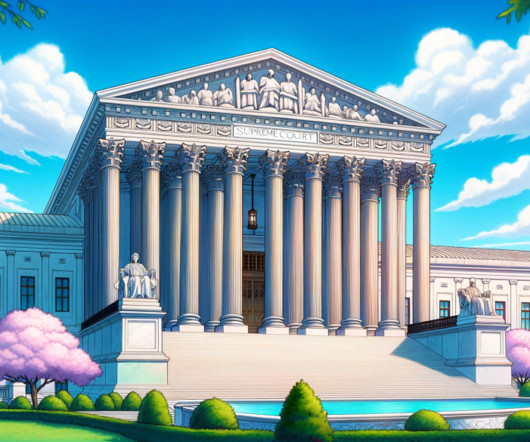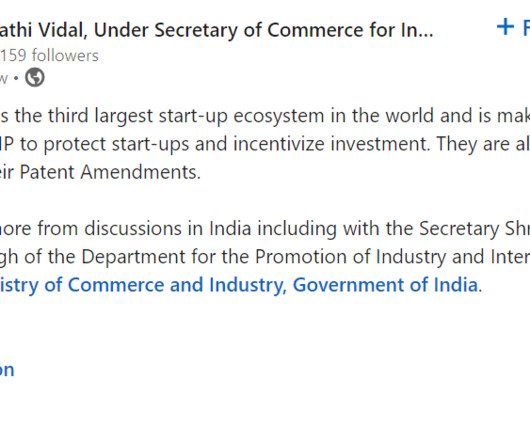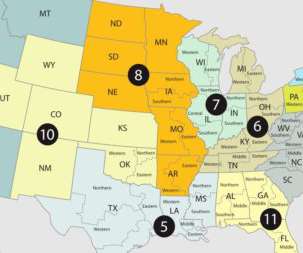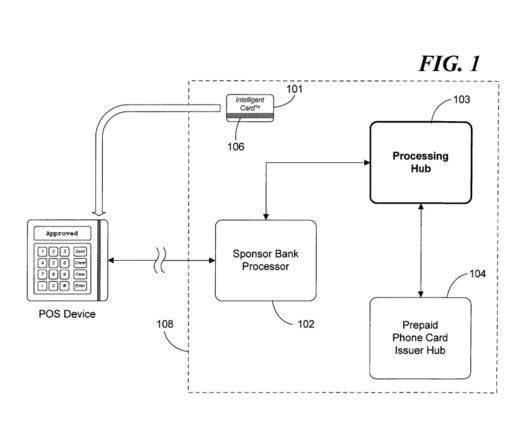Supreme Court on Patent Law: November 2023
Patently-O
NOVEMBER 29, 2023
by Dennis Crouch The Supreme Court is set to consider several significant patent law petitions addressing a range of issues from the application of obviousness standards, challenges to PTAB procedures, interpretation of joinder time limits IPR, to the proper scope patent eligibility doctrine. Mangrove Partners Master Fund, No.














Let's personalize your content